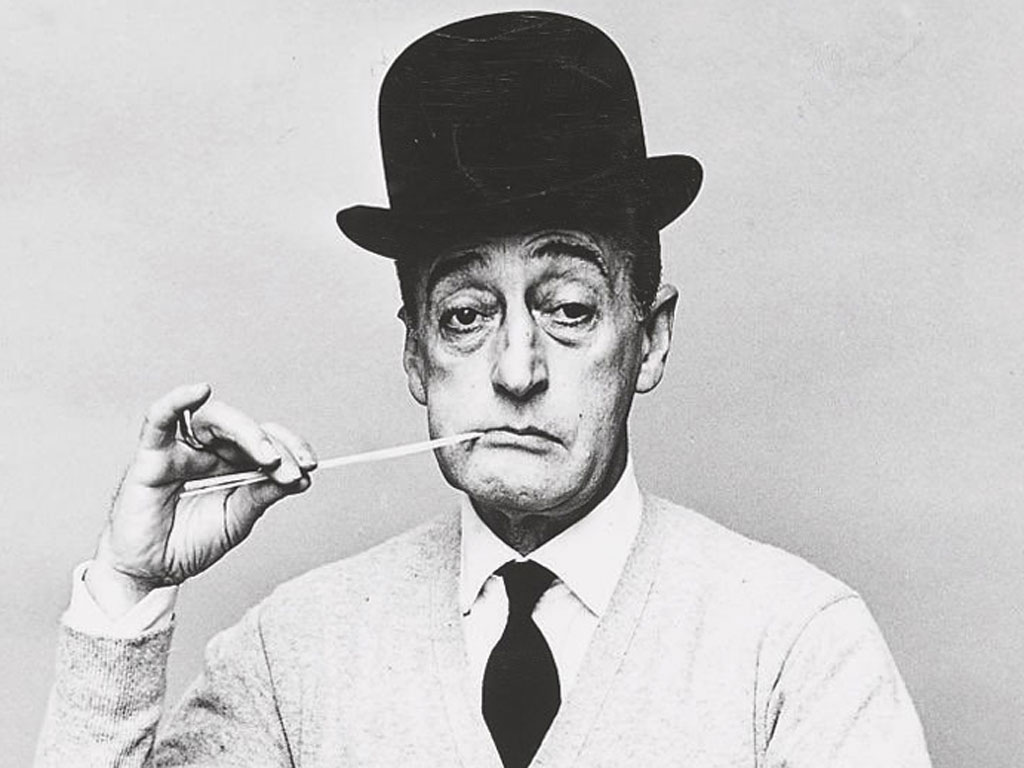Antonio De Curtis, better known by the pseudonym Totò, was one of the greatest Italian comedians and actors of the 20th century. He began his artistic career in the teatro di rivista (revue theatre) and later established himself in the cinema, becoming an icon of Italian cinema. He distinguished himself for his great versatility, moving with ease from comedy to irony, from satire to parody, from poetry to drama. His comic style, which combined extraordinary mimicry skills with an incomparable dialectal verve, won over the Italian public and made him a much-loved figure.
Throughout his career, Totò worked with some of the greatest directors of Italian cinema, including Fellini, De Sica, Monicelli and Dino Risi. His most famous films include ‘Miseria e nobiltà‘, ‘Guardie e ladri’, ‘Totòtruffa ’62’ and ‘La grande guerra’. He was not only a great comic actor: he was also a committed artist, always attentive to the social and political issues of his time. In 1948, for example, he wrote and performed the comedy ‘Non è vero… ma ci credo’. The film denounced the corruption and hypocrisy of post-war Italian society.
Totò died in 1967, but his artistic legacy is still very strong today. His jokes, his imitations, and his expressions are still taken up and quoted on many occasions. His unique figure remains an icon of Italian cinema and comedy in general. A complete artist, capable of making people laugh and reflect, of moving and entertaining. His figure still remains a reference point for all those who love cinema and comedy.
One of Totò’s distinctive characteristics was his ability to improvise and his ability to make every situation comical. Although he had a script, he often used his creativity and spontaneity to enrich his performances and add comic elements.
Watch some full movies at www.movieitalyplus.com or watch the clips at www.visititalywithmovies.com
Click here to read more articles!






